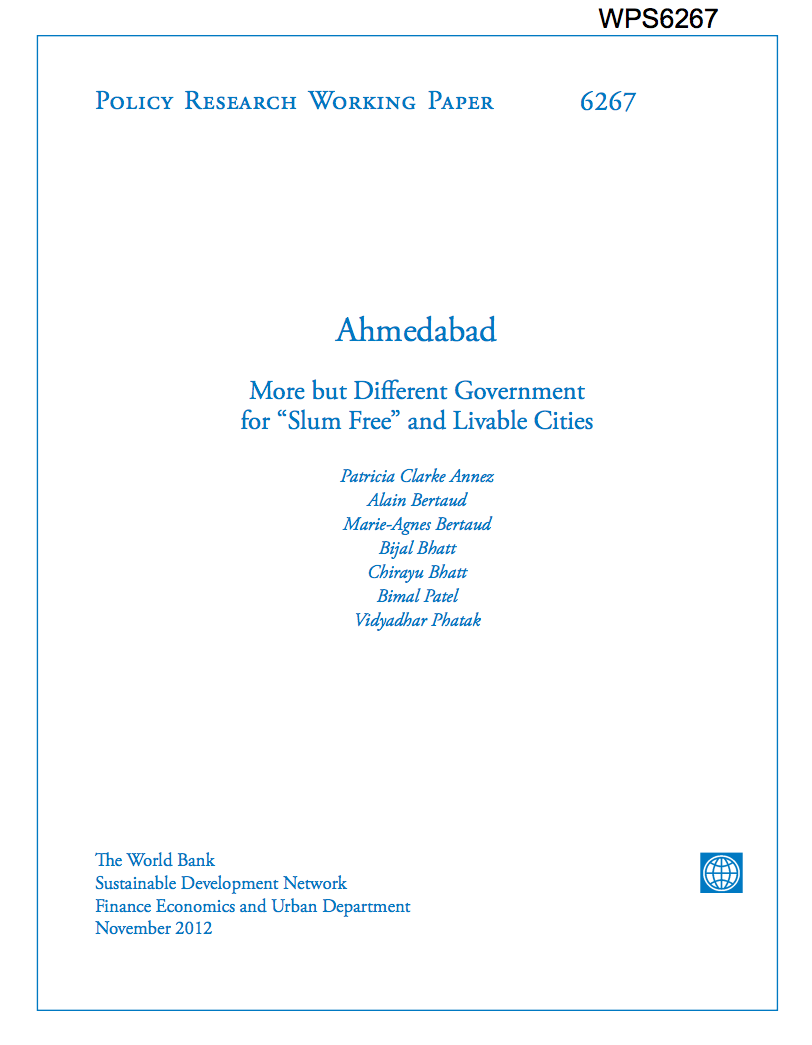Supporting the Livelihoods of Internally Displaced Persons in Georgia : A Review of Current Practices and Lessons Learned
The report starts with background on the
history, scope, and character of displacement in Georgia.
Although there is a lack of comprehensive data on Georgian
internally displaced persons, or IDPs' living
conditions and livelihood status, this section collates what
information exists. Part two defines livelihood support,
maps out the sector as currently implemented in Georgia, and
describes the types of activities in place to boost IDP


